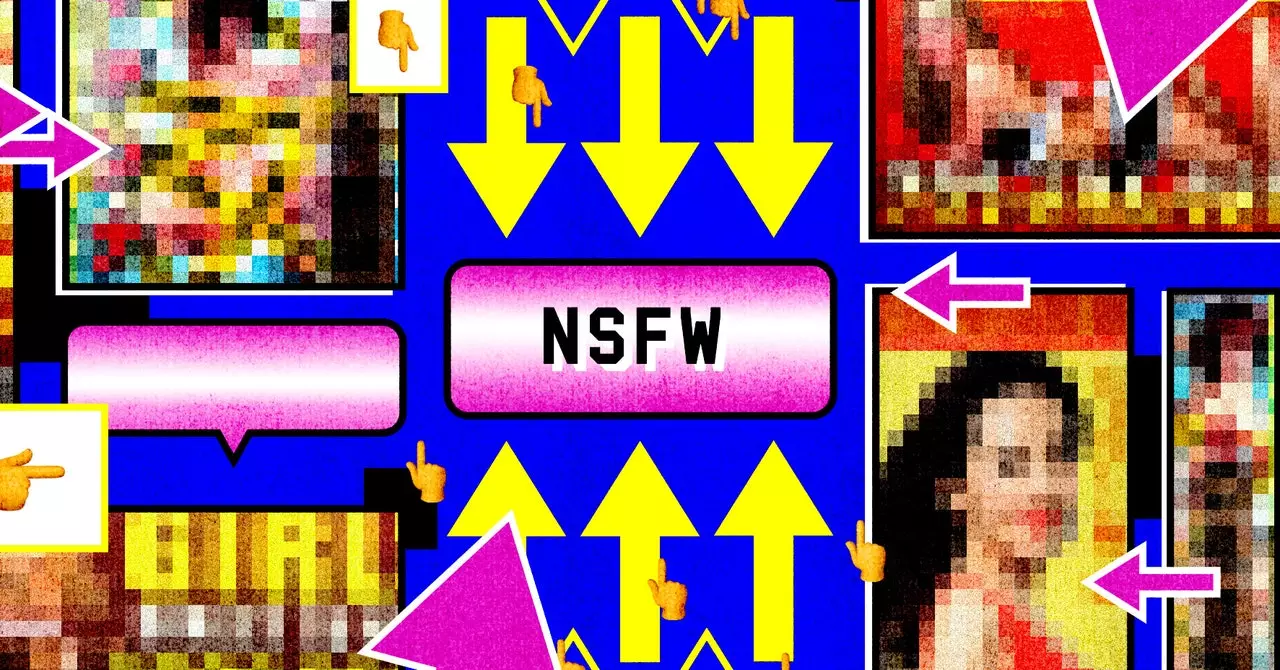The rise of AI girlfriend apps has brought to light a disturbing trend in online advertising. With thousands of ads promising “NSFW” content and personalized chats with AI-generated women, these apps are targeting vulnerable individuals in search of companionship. These ads often feature young-looking characters and suggestive language, catering to a demographic ranging from 18 to 65 years old. The implications of such predatory marketing tactics are concerning, as they exploit loneliness and emotional vulnerability for profit.
The Deceptive Marketing Practices of AI Girlfriend Apps
One particularly troubling aspect of these AI girlfriend apps is the use of deceptive marketing practices. Many ads promise “secret photos” and “around-the-clock chats” with AI companions, using tags like “#barelylegal” and “#teens” to attract users. This type of targeted advertising preys on individuals seeking connection and companionship, painting a false image of intimacy and emotional support. The insidious nature of these ads is evident in their manipulation of human emotions for financial gain.
The Ethical Dilemma Surrounding AI Companions
The ethical implications of AI girlfriend apps extend beyond their marketing strategies. While some users may find solace in the companionship offered by these apps, others raise concerns about the objectification of AI characters and their potential to reinforce harmful stereotypes. Furthermore, the lack of transparency regarding the development and training of these apps’ algorithms raises questions about data privacy and consent. As AI technology continues to advance, it is essential to address the ethical dilemmas posed by the commodification of artificial relationships.
One expert in the field of social media censorship draws parallels between AI girlfriend apps and human sex workers, highlighting the disparities in advertising opportunities between the two. While AI companies freely promote their apps on mainstream platforms like Meta, human sex workers face significant obstacles in advertising their services. This double standard raises questions about societal attitudes towards intimacy and the commodification of human relationships. By examining the treatment of AI companions and human sex workers, we can gain insight into the ethical complexities of artificial relationships.
In light of the proliferation of AI girlfriend apps and their questionable advertising tactics, there is a clear need for regulation and accountability in the tech industry. Companies like Meta must take responsibility for the content that appears on their platforms and ensure that users are not exposed to harmful or exploitative material. By holding AI companies accountable for their marketing practices and promoting ethical standards in artificial relationships, we can work towards a more responsible and transparent digital landscape. Only through increased awareness and advocacy can we address the dark side of AI girlfriends and strive for a more ethical future in AI technology.


Leave a Reply
You must be logged in to post a comment.